According to data from WorldBank, approximately 15% of the world’s population (one billion people) experience some form of disability. But until recently, very few brands embraced the opportunity to provide members of this community with wearable, fashion-forward clothing options.
Retailist spoke with Emma McClelland, founder and CEO of Kintsugi – a UK-based apparel brand that provides bespoke, clothing options for the disability community. Her goal? Change the game for stylists, consumers and members of this inspiring community around the globe. The brand holds a passion for diversity and inclusion within the fashion industry, and a desire advocate for disabled people everywhere.
What problem is Kintsugi solving? Why is this so critical for the market?
Until recently, not many brands were designing with disabled people in mind as an end customer, which means that a lot of clothing isn’t very accessible. As an example, the pockets 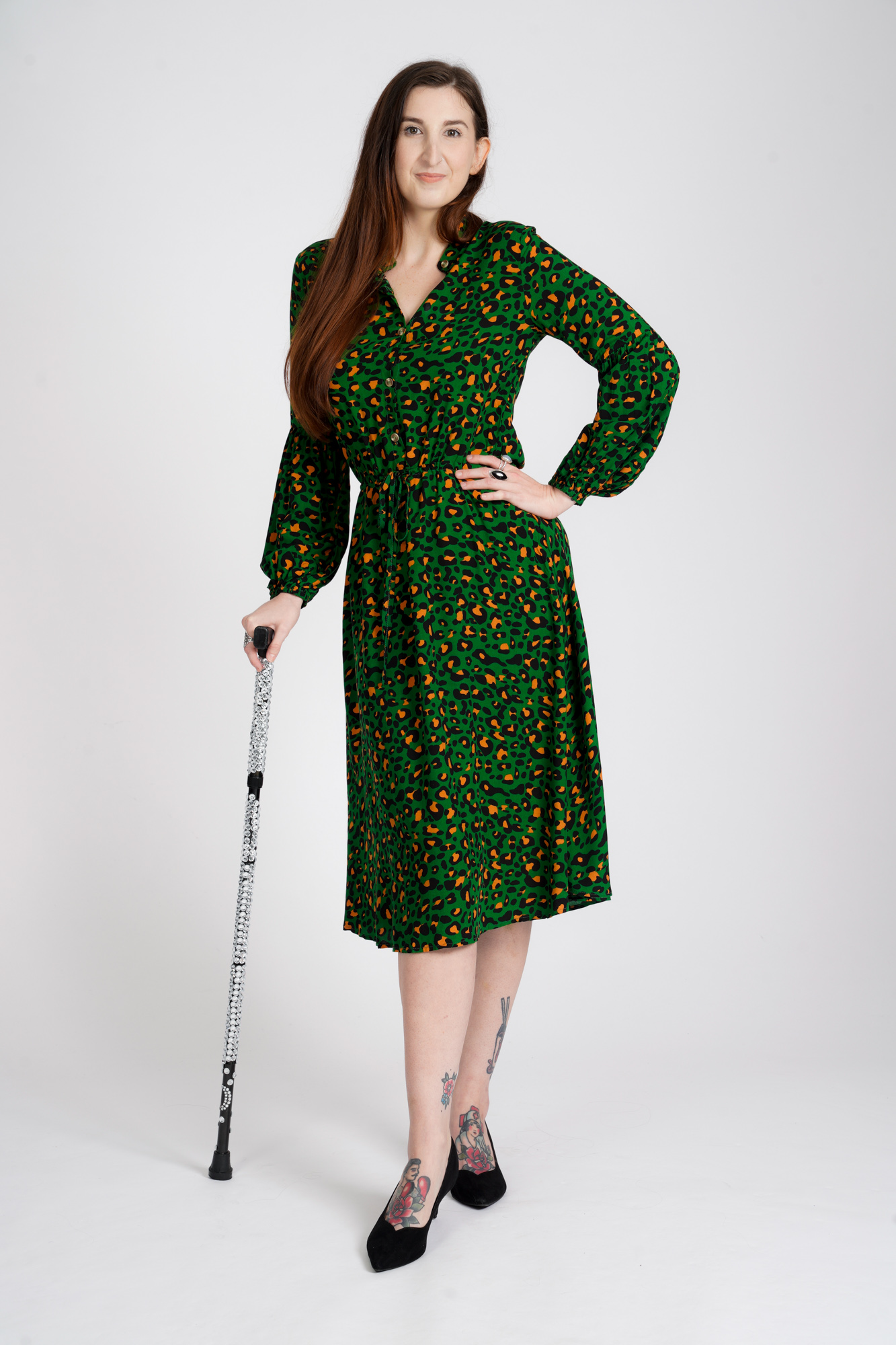 on women’s jeans are often at hip level, which means you can put your hands in them easily when standing, but not so much when seated (i.e. in a wheelchair). The “adaptive” clothing I saw before setting up Kintsugi was quite bland and it put functionality over fashion.
on women’s jeans are often at hip level, which means you can put your hands in them easily when standing, but not so much when seated (i.e. in a wheelchair). The “adaptive” clothing I saw before setting up Kintsugi was quite bland and it put functionality over fashion.
What made you take the leap to start the brand?
I started the brand after watching a TED Talk by Stephanie Thomas where she said that there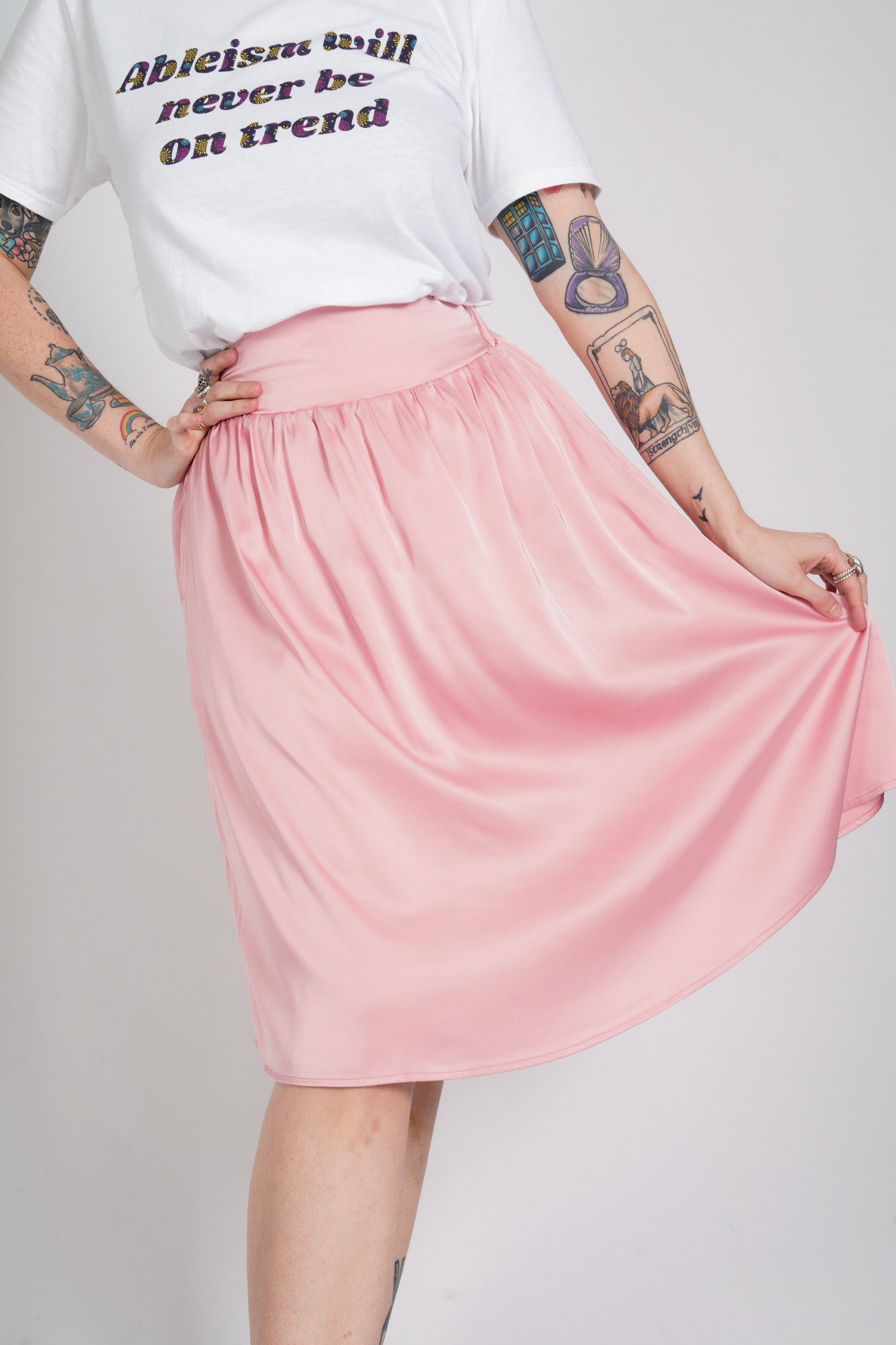 were more clothing options available for dogs than disabled people. That was something that really stood out to me.
were more clothing options available for dogs than disabled people. That was something that really stood out to me.
What we’re trying to do is put the two on an equal playing field and create clothing that adds value for women with particular impairments, but can also be worn, by everybody. Ultimately, it’s about giving people choice and making sure they’re not being presented with unnecessary problems when it comes to clothing and dressing. We strive to provide customers with inclusive, accessible clothing – without compromising style.
Describe a memorable moment for Kintsugi in the past three years.
The company pivoted slightly earlier this year, when we decided to split our offering into two brands. We had a core range of high-quality apparel that was designed to be accessible, but we also had a line of T-Shirts with tattoo-inspired prints of disabled pinup girls (think 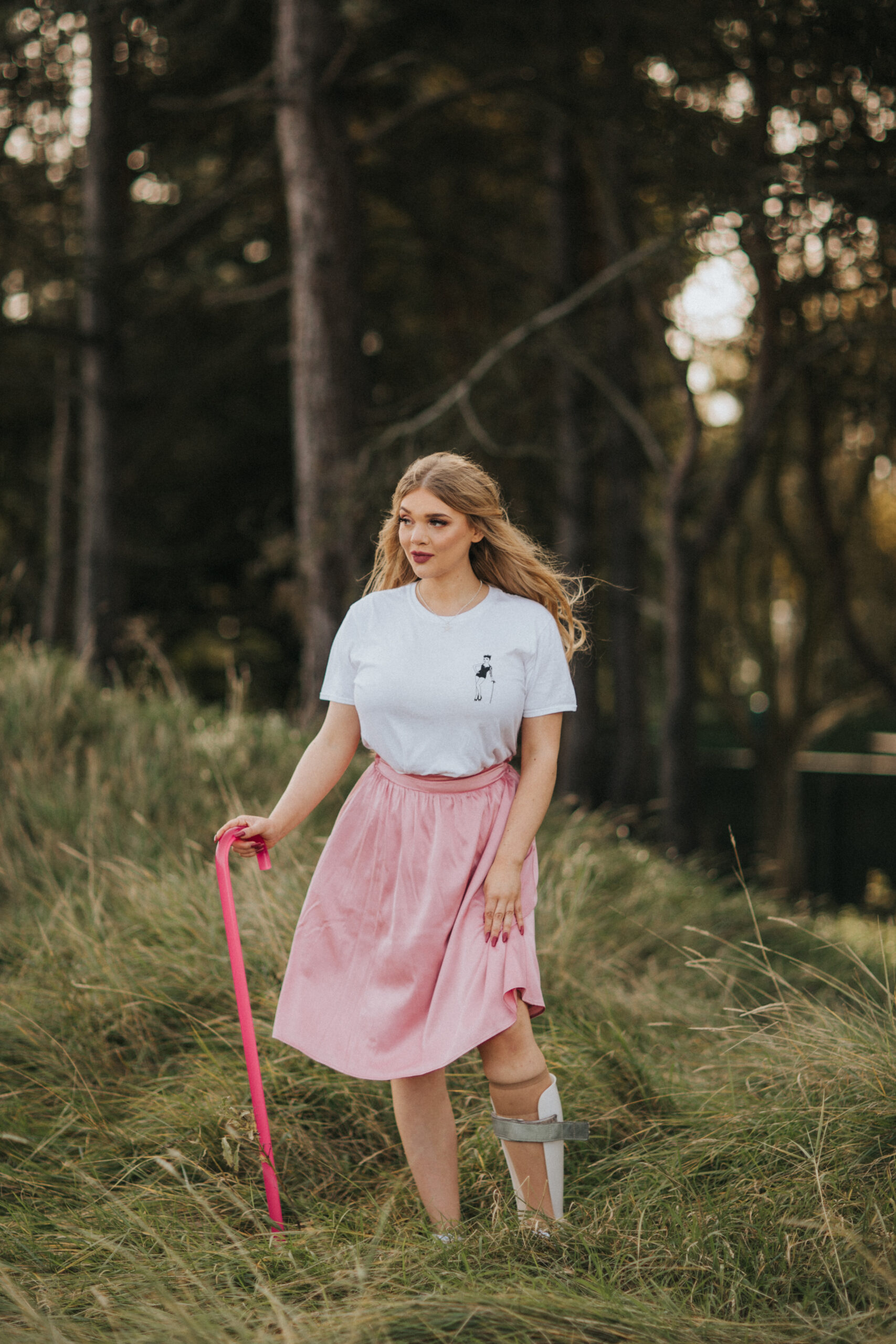 Rosie the Riveter with a prosthetic arm) and they were quite a different offering than Kintsugi. Frankly, we thought this is a smarter, more workwear/”drinks with the girls” oriented.
Rosie the Riveter with a prosthetic arm) and they were quite a different offering than Kintsugi. Frankly, we thought this is a smarter, more workwear/”drinks with the girls” oriented.
As a result, we created K, Babe as a sister brand. It sells apparel that promotes diversity and inclusion across multiple facets, including disability, sexuality and gender.
What are the next steps for Kintsugi? Do you think this is a market that will be expanding in the next few years?
The next steps for us will be to expand our range. We’d like to offer menswear, but I think that’s still a little way off. For now, I want to improve products so they add maximum possible value for our customers.
About Emma McClelland, Kintsugi CEO and Founder
Emma is a former features writer from  Manchester. Before founding Kintsugi, she was an editorial manager at a corporate law firm. She founded Kintsugi Clothing in 2018 after watching a TED Talk about accessible design. You can find more information on Kintsugi here.
Manchester. Before founding Kintsugi, she was an editorial manager at a corporate law firm. She founded Kintsugi Clothing in 2018 after watching a TED Talk about accessible design. You can find more information on Kintsugi here.
Related Articles

The Rise of Digital Experience Platforms (DXPs) in Software Development
Software development is evolving, as Digital Experience Platforms enable the delivery of a personalised digital cross-channel experience. A DXP delivers integrated content, Artificial Intelligence, and low-code rapid application development tools. It streamlines the work of developers as well as marketers.

7 Employee Benefits That Can Help Your Business Increase Staff Retention
With so many businesses vying for the attention of skilled job candidates, it’s becoming more important to look for ways to make your offerings more appealing by adding unique perks that not every employer does.
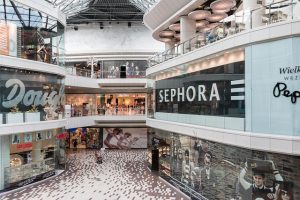
How Retailers Can Prepare for the Summer 2025 Shift
Rather than focusing on isolated touchpoints or departmental KPIs, journey management provides a way to understand where the most critical pain points lie and how to resolve them systematically across the business.

Retailers Are Drowning in Data – Journey Management Could Be the Lifeline
Rather than focusing on isolated touchpoints or departmental KPIs, journey management provides a way to understand where the most critical pain points lie and how to resolve them systematically across the business.

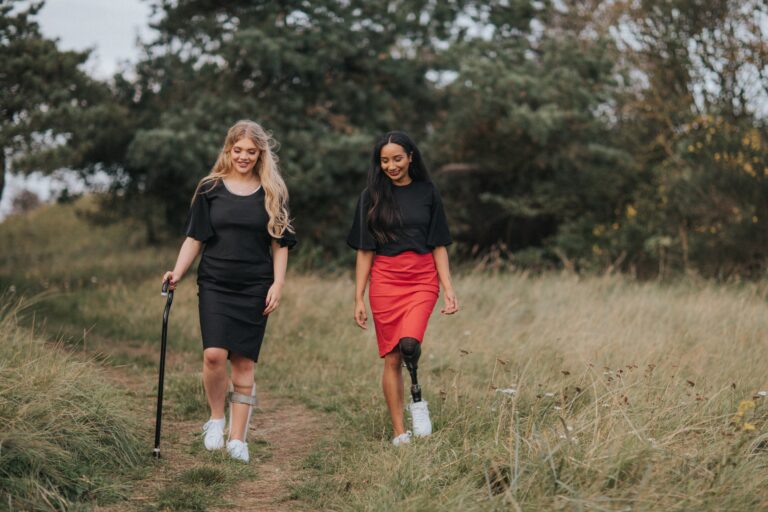

 for the latest news and job opportunities in retail tech
for the latest news and job opportunities in retail tech 